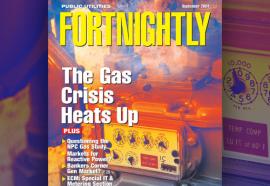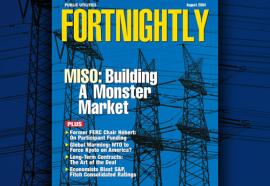A Better Merchant Mousetrap?
The failure of the Empire Connection spells trouble for private transmission projects.
It’s at the very heart of all policy initiatives for both electric generation and transmission: How do you attract the right amount of investment without creating an overbuilt market, or a boom-bust scenario? In recent months, utility executives, financiers, and policy-makers have been asking this question with even greater zeal than usual.










